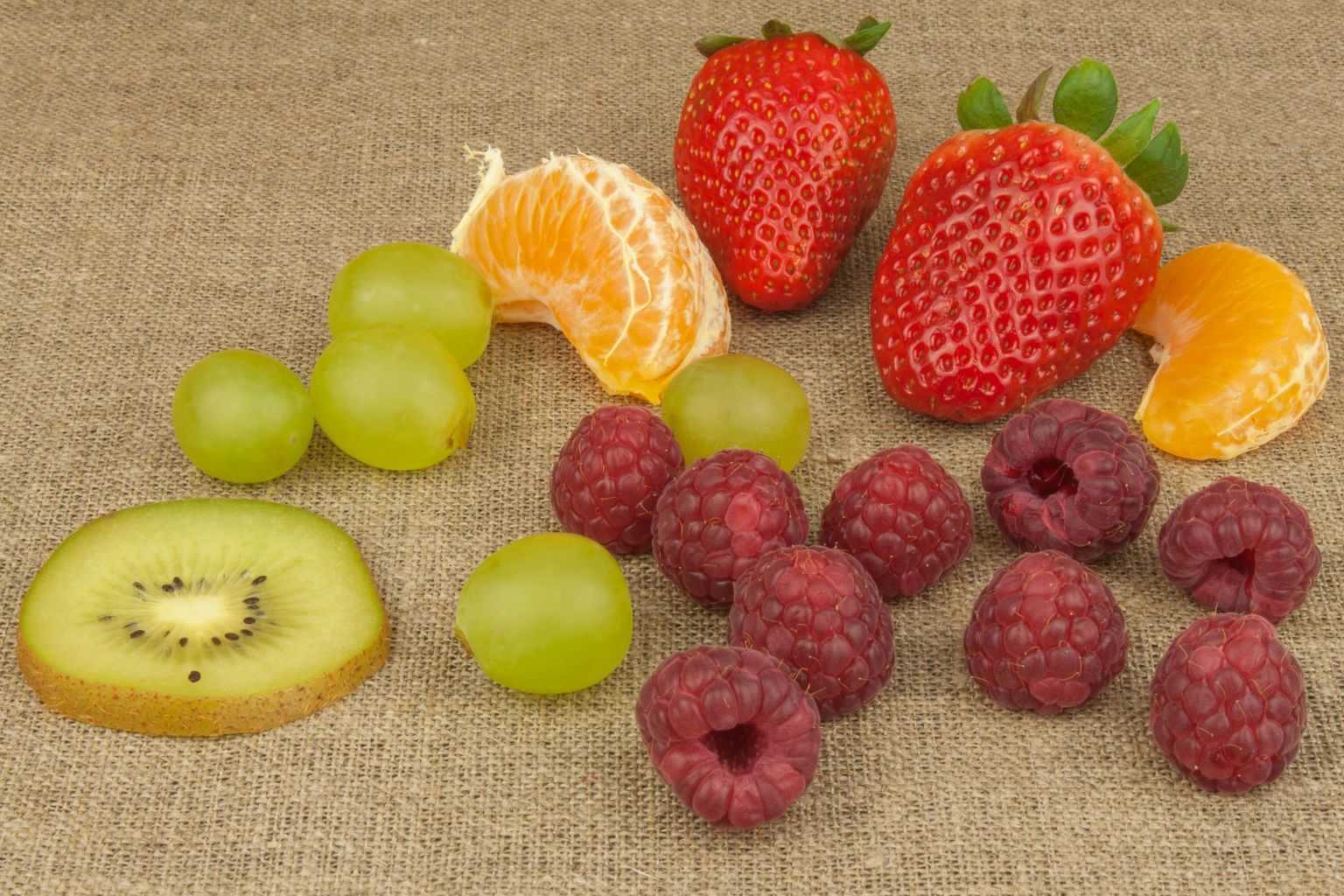
[cmamad id=”5234″ align=”center” tabid=”display-desktop” mobid=”display-desktop” stg=””]
I want to visit the idea of fructose or fruit sugar being the terrible devil.
Because I don’t think it is.
I think we can settle the glucose vs fructose argument here today.
There is this idea that fructose and high fructose corn syrup is making us all sick.
Many doctors think that these are causing gain weight and diabetes.
Most doctors think this actually.
But is sugar from fruit bad for you??
No, it’s not.
And we’ve got the science to prove it.
In one study researchers gave people 50 to 150 g of fructose.
Then they observed what happened to the fructose in their body.
The idea had always been that the body somehow turns fructose into fat.
But this study shows that this is not true.

So in this study, they used tiny amounts of radioactive fructose and combined it with a large amount of fructose.
This allowed them to trace what happened to the radioactive fructose in the body.
It’s a process called tagging.
It lets scientists see where the tagged compound travels through the body.
[cmamad id=”5235″ align=”center” tabid=”display-desktop” mobid=”display-desktop” stg=””]
They could see where it was metabolized, even though it’s all happening inside the body!
Isn’t technology amazing?
So they gave the tagged fructose to the participants and saw what happened.
Before you look at the results, you need to know this.
I just want you to understand that fructose is never eaten alone.
Fructose is always eaten with other things, chiefly glucose, table sugar, milk, and butterfat.
When you just eat glucose, it’s not good for you.
When you just eat fructose, it’s not good for you.
But when you eat a balanced diet that includes fructose, I’m not so sure it’s bad for you at all.
I think it may be good for you.

One key point in this chart above is where it says “lipids,” and has a less than 1% with a question mark:

Lipids are fat.
What this shows us is that when you consume a bunch of fructose, it hardly turns into any fat at all.
Frankly, the body doesn’t like to turn sugars of any kind into fat.
Sugar turning into fat is a magical act in the body called neolipogenesis.
Neolipogenisis is very inefficient, and the body doesn’t like to do it.
Because of how much work it is, the body seldom turns sugar into fat.
In another study, researchers gave obese men and women a whole bunch of fructose to see what would happen.

The results show that fructose is extremely helpful — especially for people with diabetes.
In obese subjects, consumption of fructose-sweetened beverages with meals was associated with less insulin secretion, blunted leptin profiles, and increased postprandial triglyceride concentrations compared with glucose consumption.
What it says in plain English is that people who are really fat who eat fructose will actually be doing themselves a favor.
Fructose lowers insulin secretion.
It can actually help reduce insulin resistance.
And most importantly really, it lowers the dumping of free fatty acids in the blood.
Free fatty acids are what really cause insulin resistance and diabetes.
And fructose lowers free fatty acids dramatically.

So notice the insulin with just high glucose was almost halved with high fructose.
And the free fatty acids were also a bit lower.
But they were a lot lower compared to low sugar and low carb diets.
Fructose may actually be very useful and it is certainly not the reason for our obesity epidemic.
As I have shown you many times before, today’s obesity epidemic is not caused by sugar in any form.
But the obesity epidemic is caused by the skyrocketing increase in the consumption of polyunsaturated fatty acids (PUFAs).
PUFAs are from vegetable and seed oils like corn, soy, cottonseed, peanut, etc.
These do not belong in the human diet at all.
Fructose does.
That’s the reason why fructose exists.
Fructose is a sugar is found in fruit.
Why would there be so much fructose in fruit if it was so bad for us?
It’s not bad for us — it’s good for us, and many studies prove it.

http://nutritionandmetabolism.biomedcentral.com/articles/10.1186/1743-7075-9-89
Endocrine and Metabolic Effects of Consuming Fructose- and Glucose-Sweetened Beverages with Meals in Obese Men and Women: Influence of Insulin Resistance on Plasma Triglyceride Responses
http://press.endocrine.org/doi/pdf/10.1210/jc.2008-2192

Leave a Reply